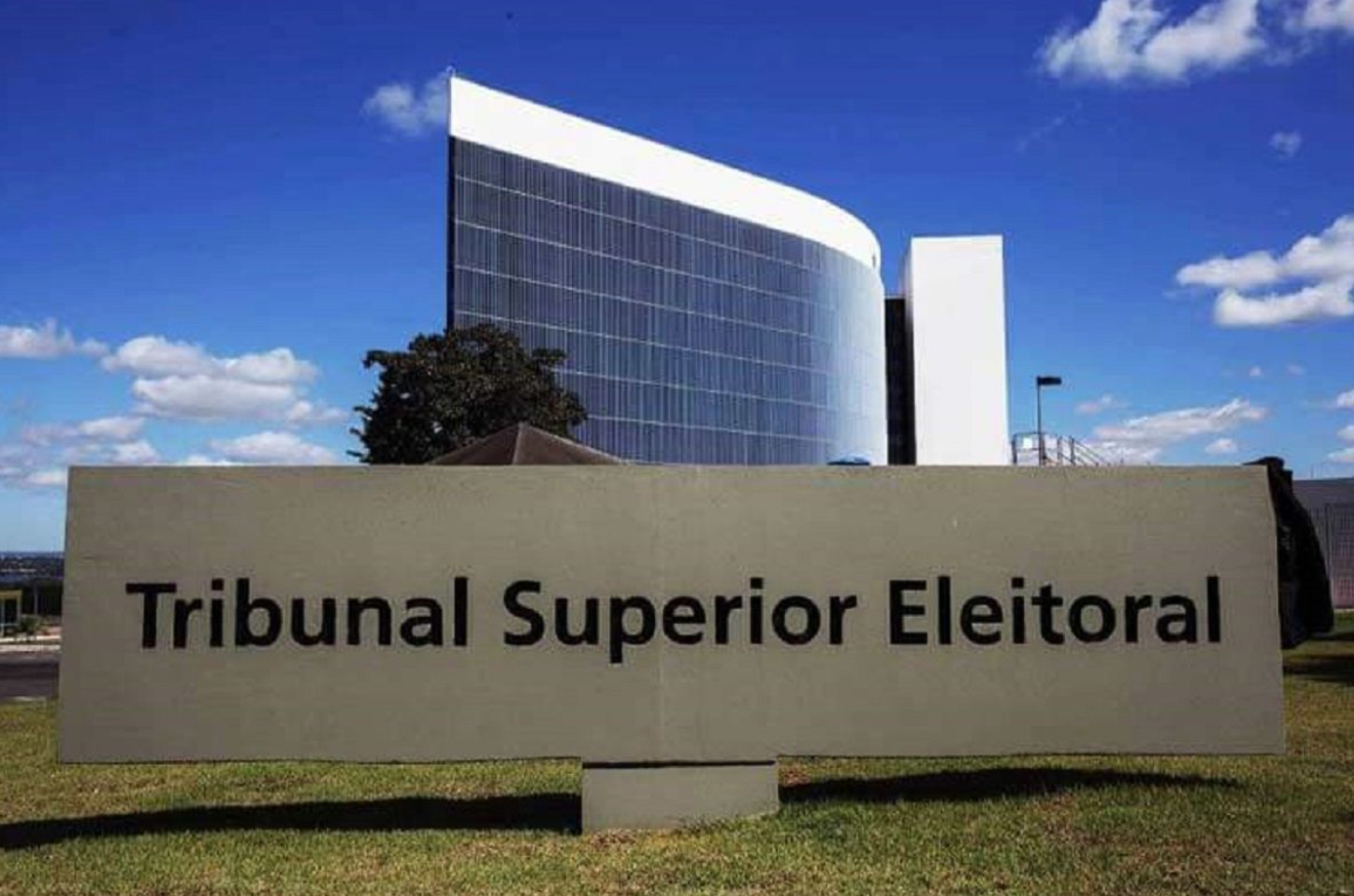With 156 million voters, Brazil is the fourth-largest democracy in the world by the number of citizen-voters, behind only India, the United States, and Indonesia. Therefore, these general elections to be held on October 2 and October 30, if a second round is necessary, are political events of the utmost relevance in national, hemispheric, and global terms.
From the perspective of electoral accountability, also called vertical accountability, Brazilian citizens-voters have been summoned to the polls to choose executive and legislative authorities, both at the federal, provincial, municipal, and district levels.
The responsibility for the organization of this democratic event on a global scale falls on the Brazilian Superior Electoral Tribunal (TSE). With 90 years of existence, the TSE is the institution in charge of all phases of the electoral process in the country, including voter registration (census), strict compliance with the laws, registration of candidates, organization of the polling stations, delivery of specialized justice and proclamation of results.
It should be noted that the TSE enjoys enormous prestige within the country and considerable recognition at the international level, mainly since the Brazilian re-democratization in the 1980s and 1990s.
In other words, the organization, integrity, and fairness observed in Brazilian elections, especially since the democratic transition and consolidation, have been rightly valued. This is all the more significant given the corroboration, during the period, of both a significant conventional political participation and the persistence of a marked political competition – that is, the legitimate struggle between parties for power.
Concomitantly, although it is necessary to identify insufficiencies and contradictions in other dimensions of the quality of Brazilian democracy – especially in those of a procedural nature, content, and even of result -, regarding the institutional performance of the main electoral organization of the country, the unquestionable technical and impartial work of the TSE can only be highlighted. Consequently, the high rating achieved by Brazil is fully justified, specifically with regard to electoral accountability, understood as one of the procedural dimensions available for the study of the quality of democracy.
However, and perhaps unexpectedly, this year’s general elections, instead of continuing to be a cause for satisfaction, civility, and republicanism, run the risk of becoming a dramatic, polarizing, sectarian, and violent event. It so happens that, alleging possible security flaws in the electronic ballot boxes – a magnificent example of electoral technology used since the 1990s -, the main pro-government candidate, Jair Bolsonaro, who is seeking reelection, has threatened to disavow the outcome of the process.
Emulating narratives used by former President Donald Trump, in the 2020 U.S. elections, which resulted in the attempted assault on Parliament on January 6, 2021, Bolsonaro and Bolsonarism have not hesitated to push a campaign of disinformation, abuse of political and economic power, and threats to the TSE authorities.
The matter is even more worrisome due to the fact that some important sociopolitical actors – including the command of the Armed Forces – seem to be willing to embark on a reckless Brazilian “January Six”. All these issues in a framework in which most polls since late 2020 suggest that the Brazilian opposition would have a reasonable chance of winning at the polls if the elections continue to be free, fair, and republican.
Undoubtedly, a Brazilian “January Six” would represent a negative scenario from any point of view. Among other issues, it would be a clear symptom of democratic erosion and autocratization. It would also represent an unbridled attempt to block electoral – or vertical accountability mechanisms, disrespect for popular sovereignty, and the emergence of an anti-republican, illegitimate, and anti-democratic government in one of the leading countries in Latin America and the Global South.
It is not surprising that a scenario of eventual de-democratization in Brazil has generated enormous concern in the political class and in society as a whole, including sociopolitical actors such as business, trade unions, social movements, civil society, and academia. Moreover, such symptoms of democratic erosion and questioning of electoral accountability have also had repercussions on the international scene, mainly in other Latin American countries with links and interests in Brazil.
A Brazilian “January Six” would result in a virtual self-coup, a spurious “continuism” and some form of competitive authoritarianism, that is, in a change of political regime and the imposition of an illiberal or hybrid government.
Thus, there is no choice but to continue monitoring very closely the evolution of the campaign, the promulgation of its results, the post-electoral period, and the inauguration of the elected constitutional authorities. In all these stages, the Brazilian electoral body, headed by Minister Alexandre de Moraes, will have a major role to play. Thus, and only thus, will it be viable for democracy to continue to be the “only game available” in the South American giant.
Translated from Spanish by Janaína Ruviaro da Silva













